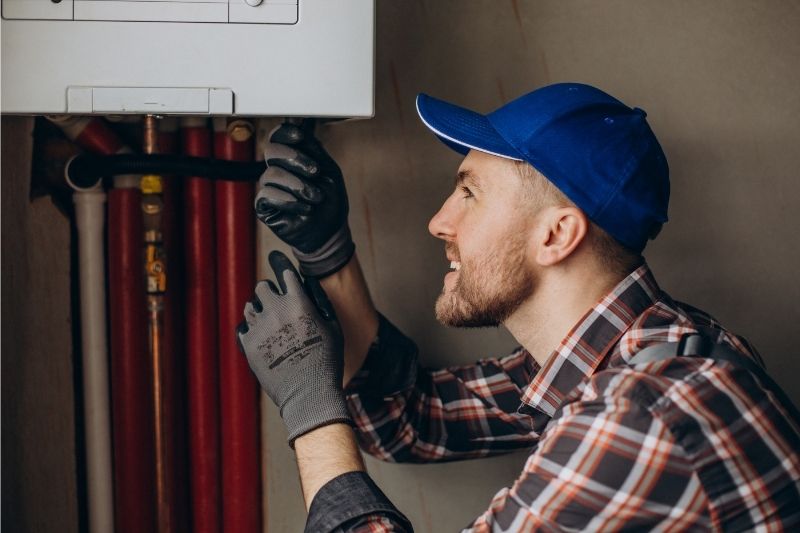No products in the cart.
5 Ways to Heat Your Home and Save Money

A good heating system in your home is a necessity in winter. There are various types of heating systems, all of which have advantages and disadvantages. What is right for you is likely to depend on where you live, your circumstances and your budget. A warm and cozy home can cost you as the bulk of your energy bill usually goes on heating. Some ways to heat your home offer more cost savings than others.
- Electric heating systems
Electric heating systems can be energy efficient and eco-friendly. While some electric heaters are installed in a fixed position, like a baseboard heater or a wall-mounted heater, others are portable. You need to be careful to choose electric heaters that warm up the space efficiently without using too much power. Modern electric heating systems have smart heating controls that allow you to manage your heating more efficiently.
Switching to energy saving electric heaters for your home from Best Electric Radiators, Haverland, Ecostrad, or Dimplex will be an investment that saves you money over the long term. Their electrical heating solutions are suitable for any room in the house and can be individually controlled.
- Forced air systems (central heating)
Forced air heating systems are often found in residential homes. Air is heated in a furnace and forced through ducts. Many people call this a central heating system. The furnace may use different fuels depending upon availability in the area – electricity, natural gas, propane or fuel oil. The ductwork is installed in the interior walls.
For homeowners living in milder climates, a hybrid furnace system using electricity and a secondary fuel source can be cost-effective. The secondary fuel source, often natural gas, switches on in periods of high demand. An outdoor sensor and thermostat activate the secondary fuel source when the temperature falls. As natural gas is often cheaper than electricity, a hybrid system can be less expensive.
- Radiant heat systems
Homes and buildings with boilers use a radiant heat system that can be powered by a variety of different fuels. Water heated in the best boiler is sent through tubes installed under the floor to distribute heat. The heat radiates up through the floor, and there are no cold spots or stuffiness in the area being heated as there can be when using other heating systems.
One of the reasons why radiant heating is more efficient than some other heating types is because no heat is lost through ductwork. It can provide an average saving of about 15% of your heating bills due to the efficient manner in which it heats your home. It is possible to use programmable thermostats with some radiant heating systems, which can also help to reduce costs. The cost of installing radiant heating is higher than the cost of installing traditional radiators but it can provide substantial cost savings in the longer term.
- Solar heating systems
If you think solar heating is only for large, environmentally-friendly homes, you’re mistaken. Solar heating systems are growing in popularity and are slowly becoming a bit more affordable. The return on your investment for installing solar heating may be in as little as two to three years. Solar heating systems use thermal energy from the sun. Most of them consist of solar collector panels installed on the exterior of the home, insulated piping, and a hot water storage tank.
The U.K. government and a number of others around the world offer possible tax reductions for using solar heating and other energy-saving products. In the U.K., states may offer tax incentives for solar energy systems.
- Geothermal heating system
Geothermal heat pumps are quieter in comparison with traditional air-source heat pumps, need little maintenance and have a lengthy lifespan. They exchange heat with the earth instead of depending on the temperature of the outside air. By using the constant temperature of the earth a few feet below the surface, a geothermal system does not have to work as hard when you heat your home.
The initial installation of a geothermal heating system can be expensive but it saves on energy and cost you incur when you heat your home. It can reduce heating costs by between around 50 percent or more and it can also raise the value of your home.
















Leave a Reply